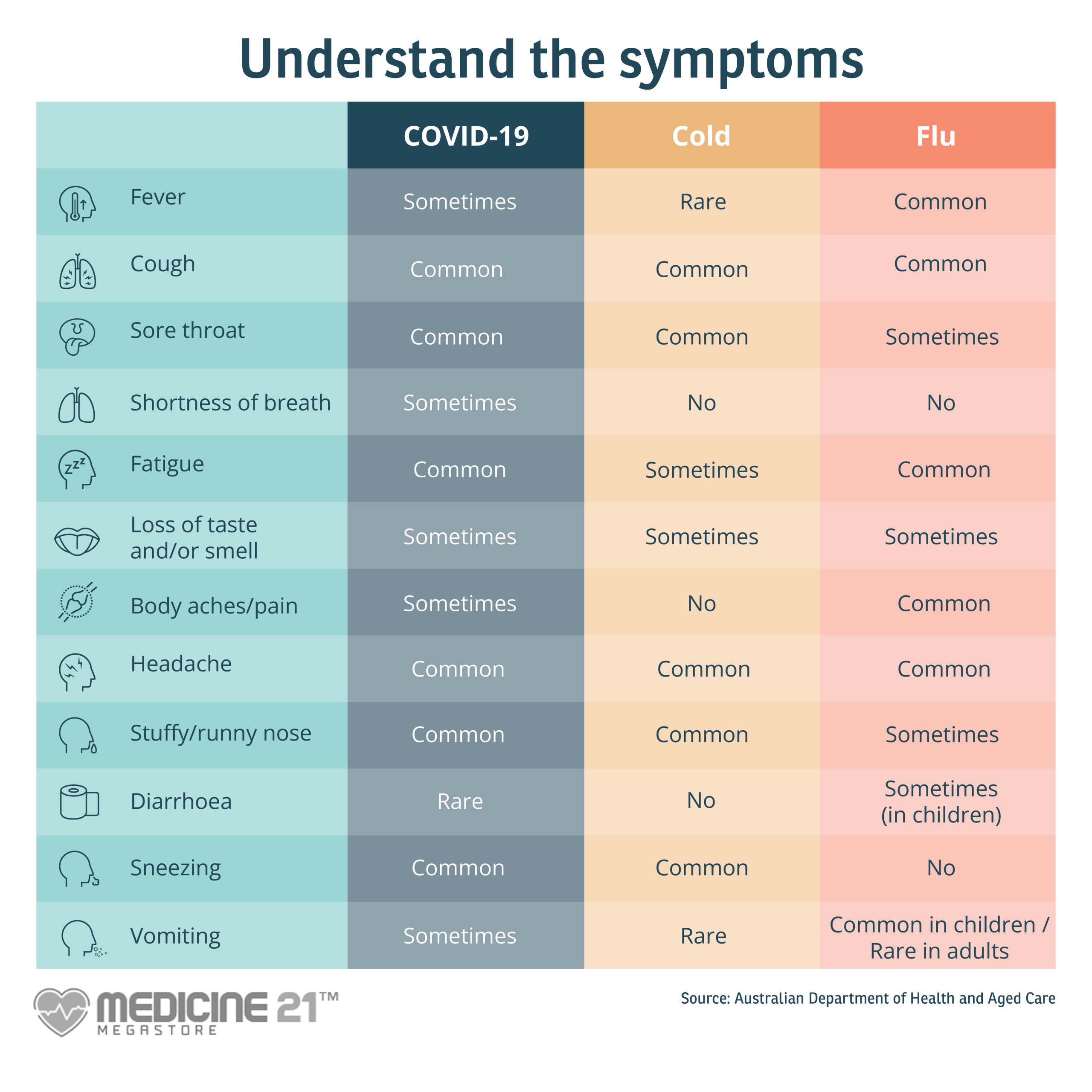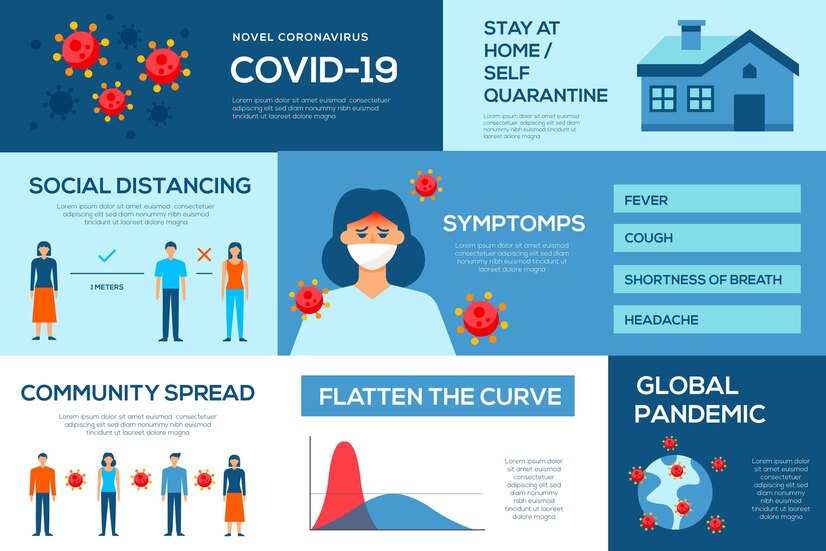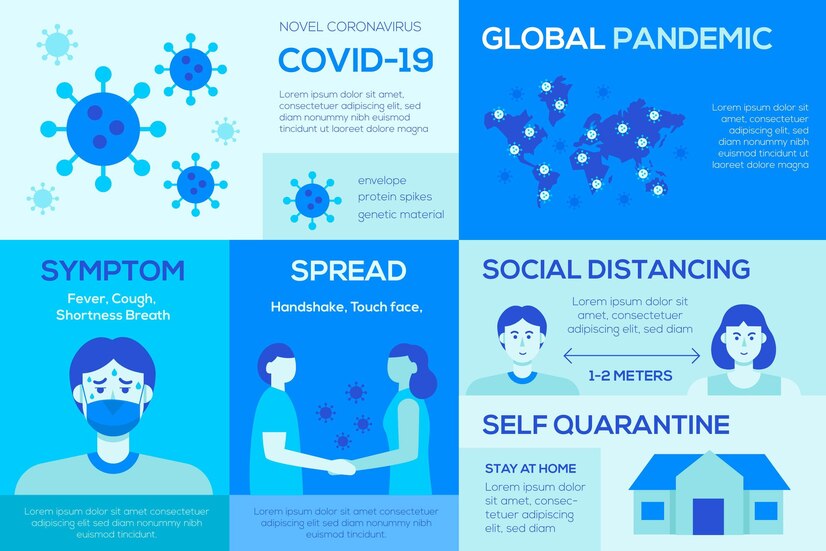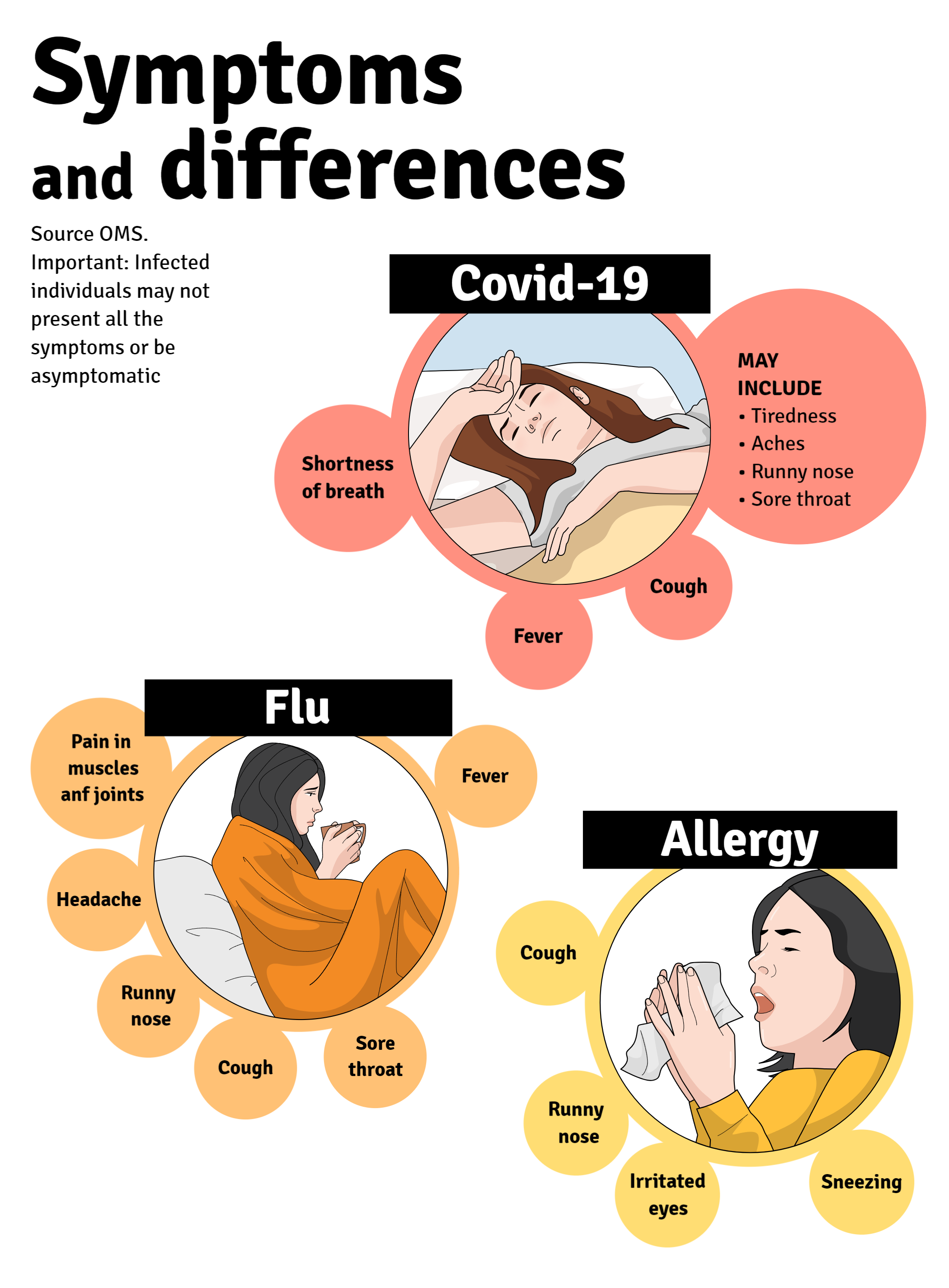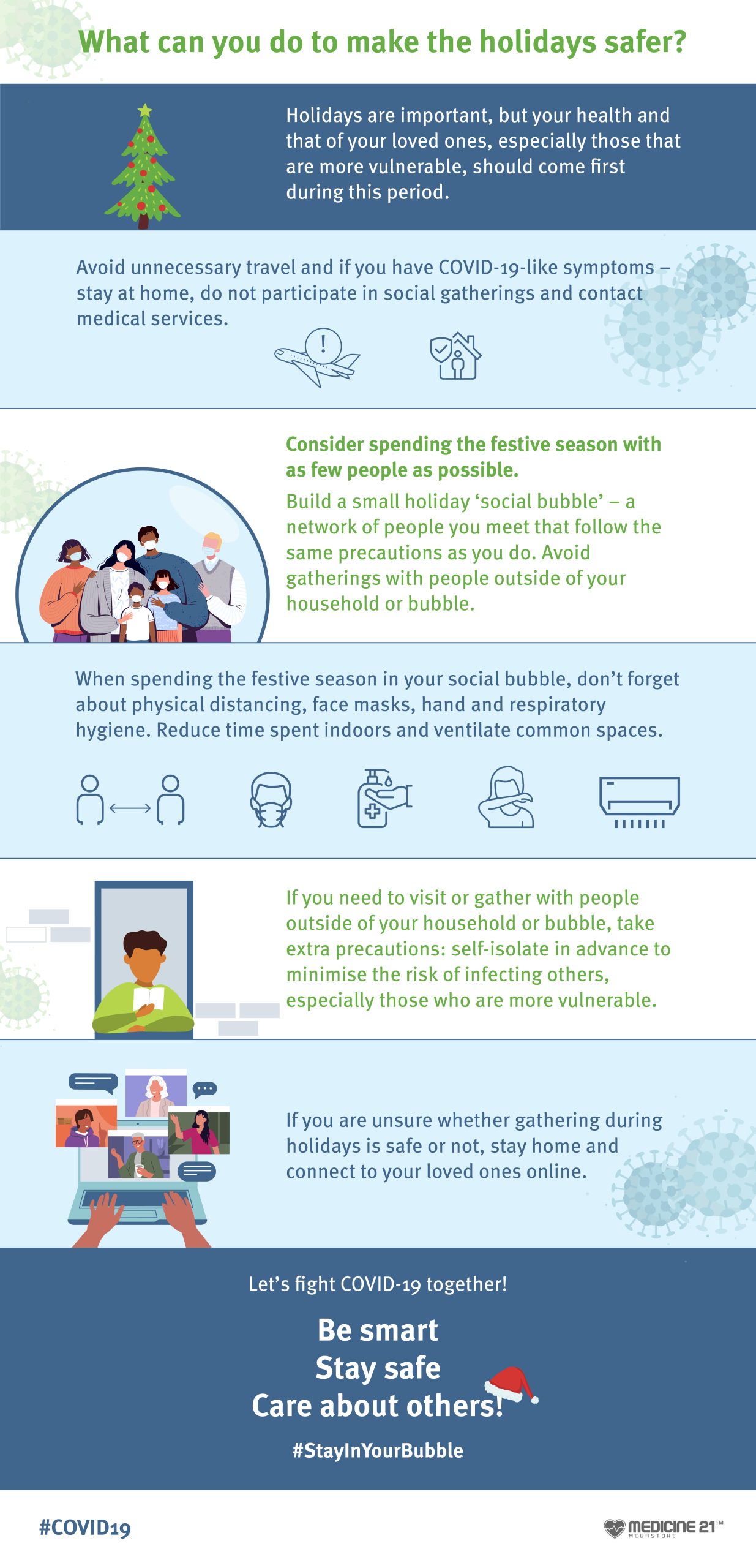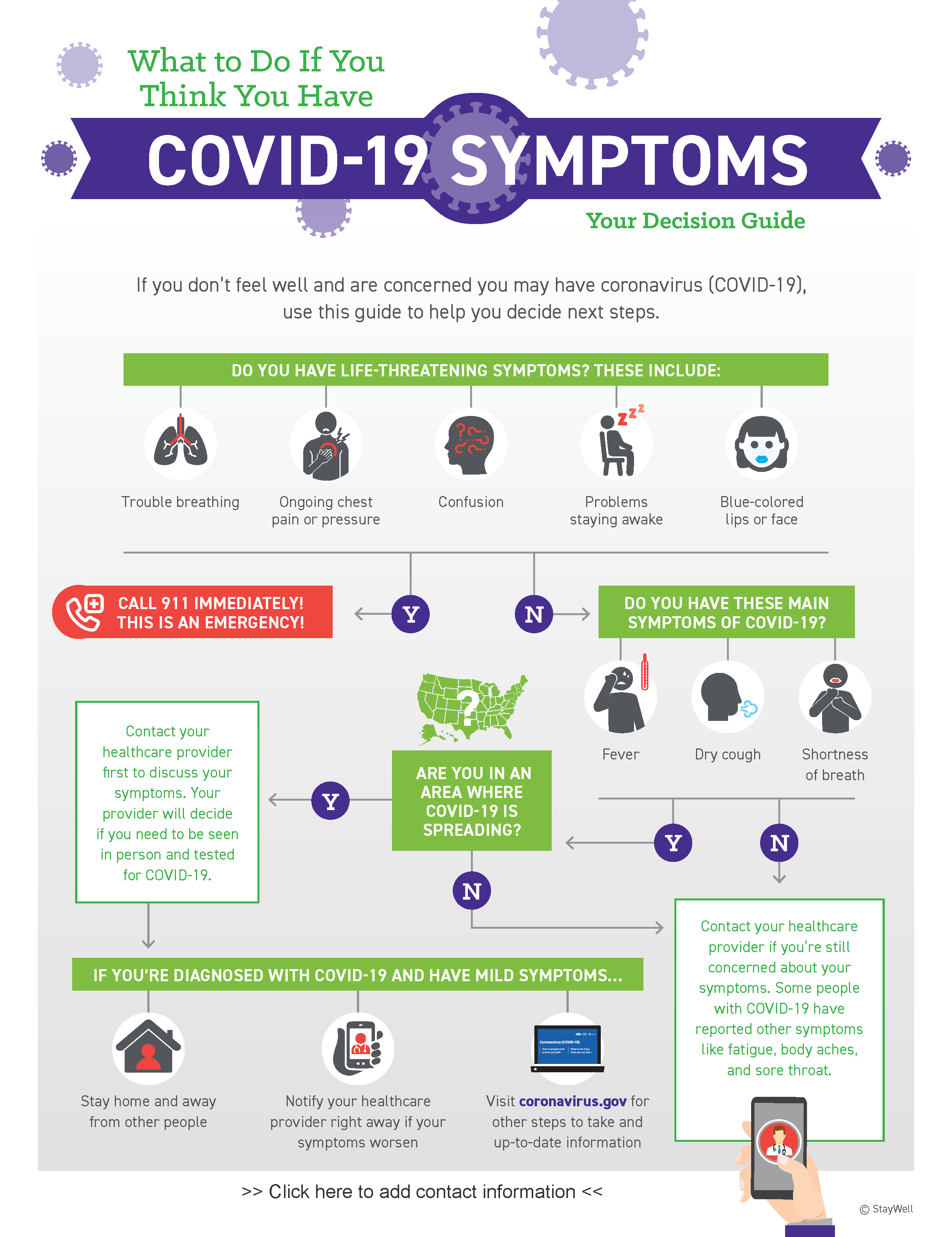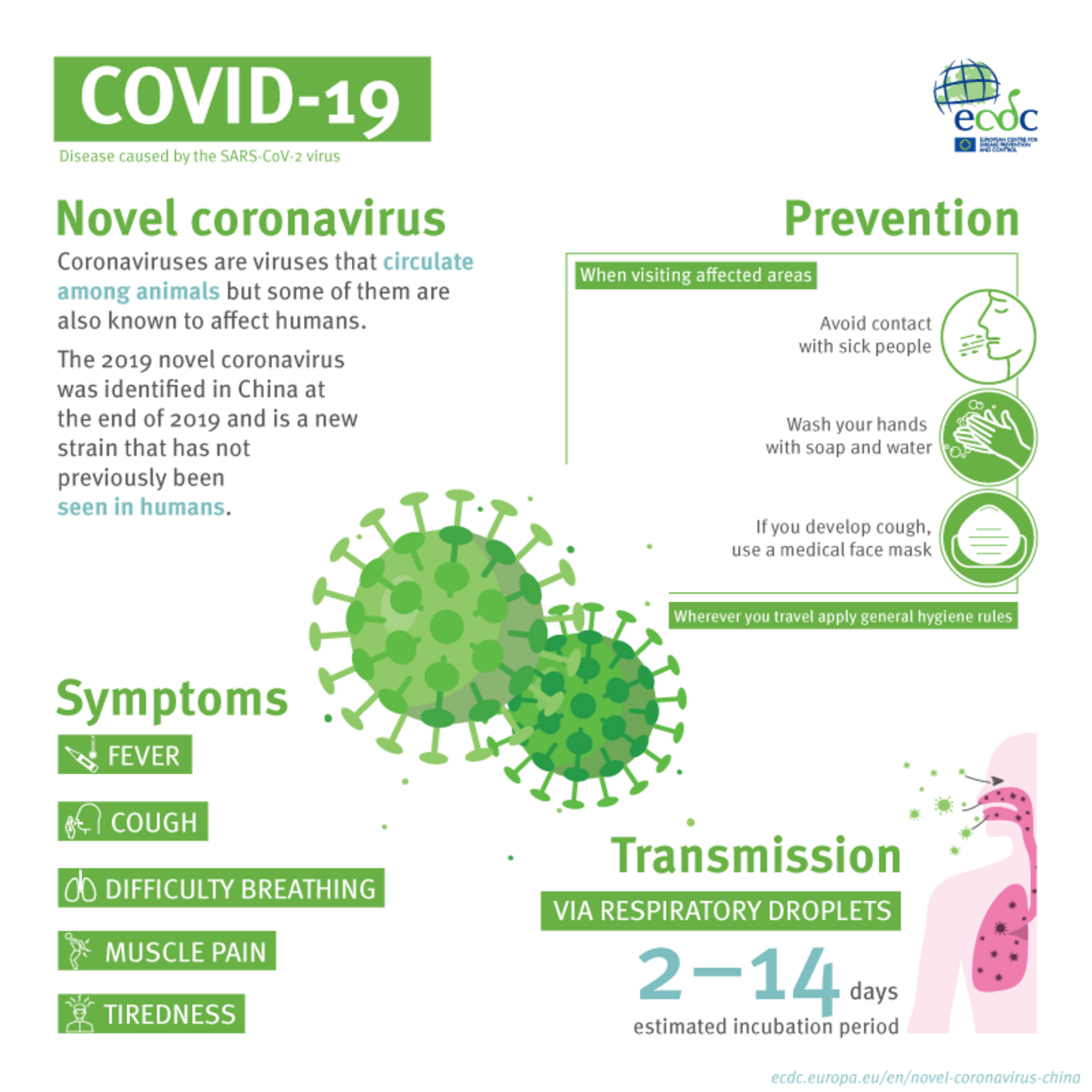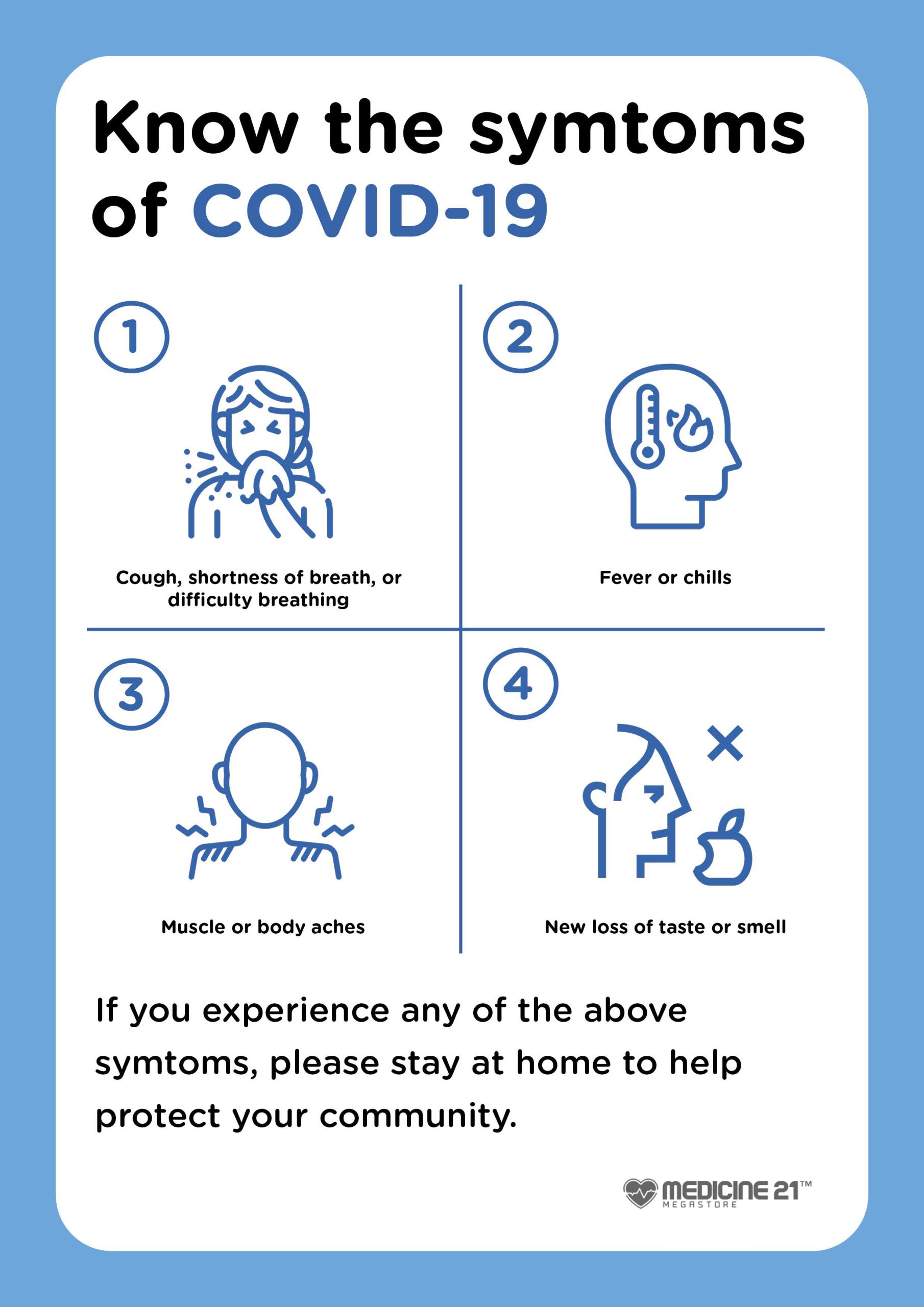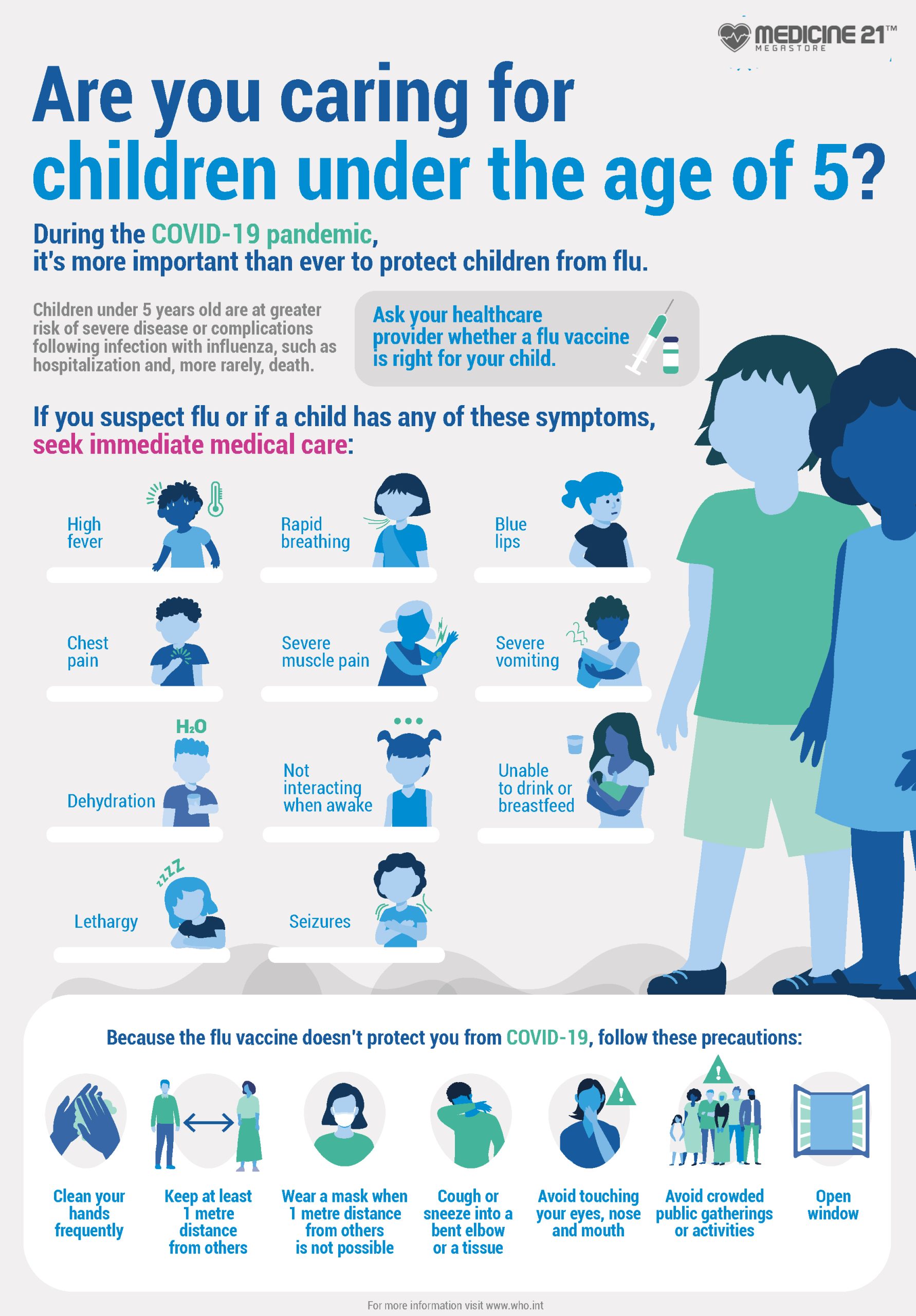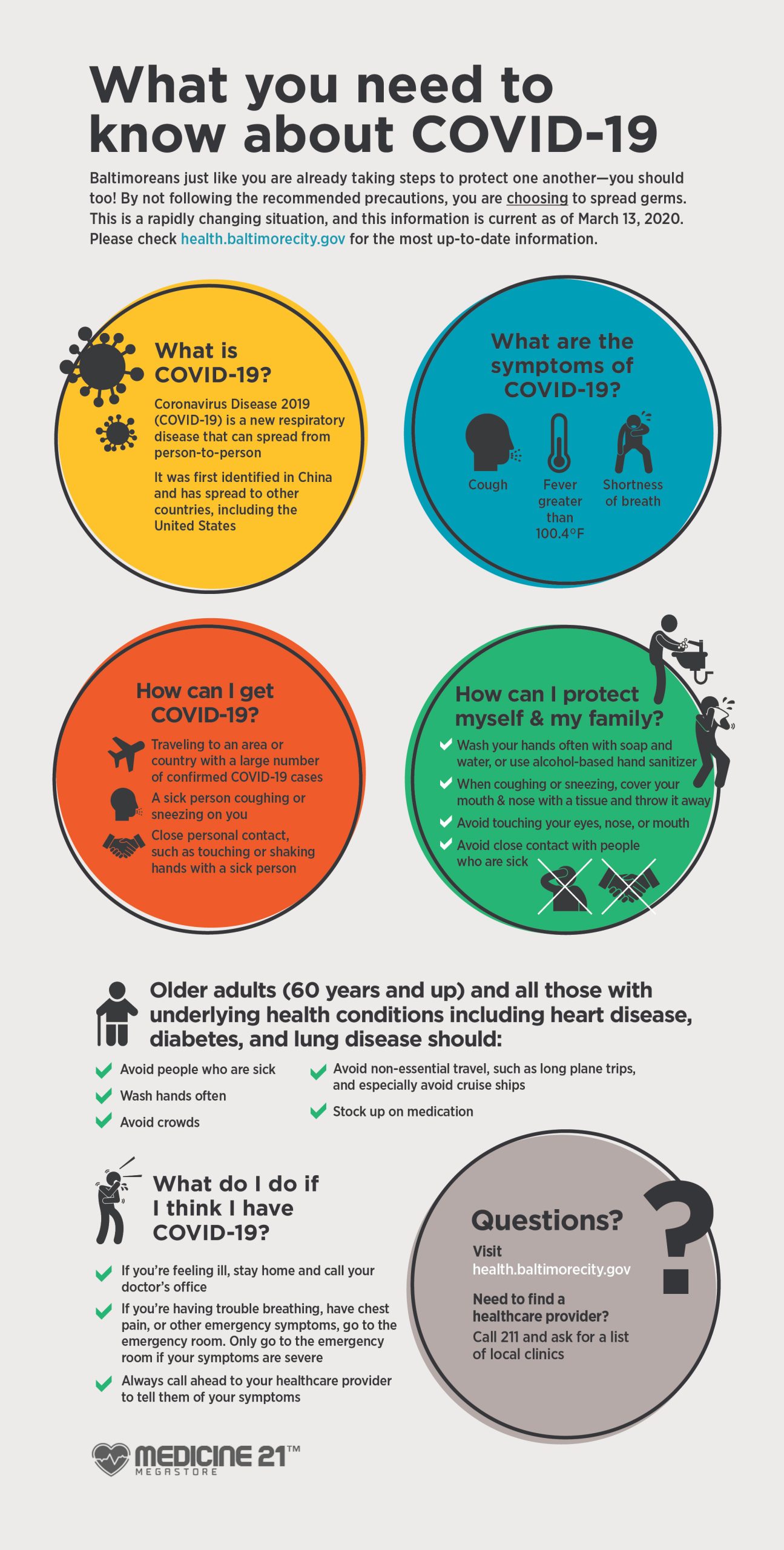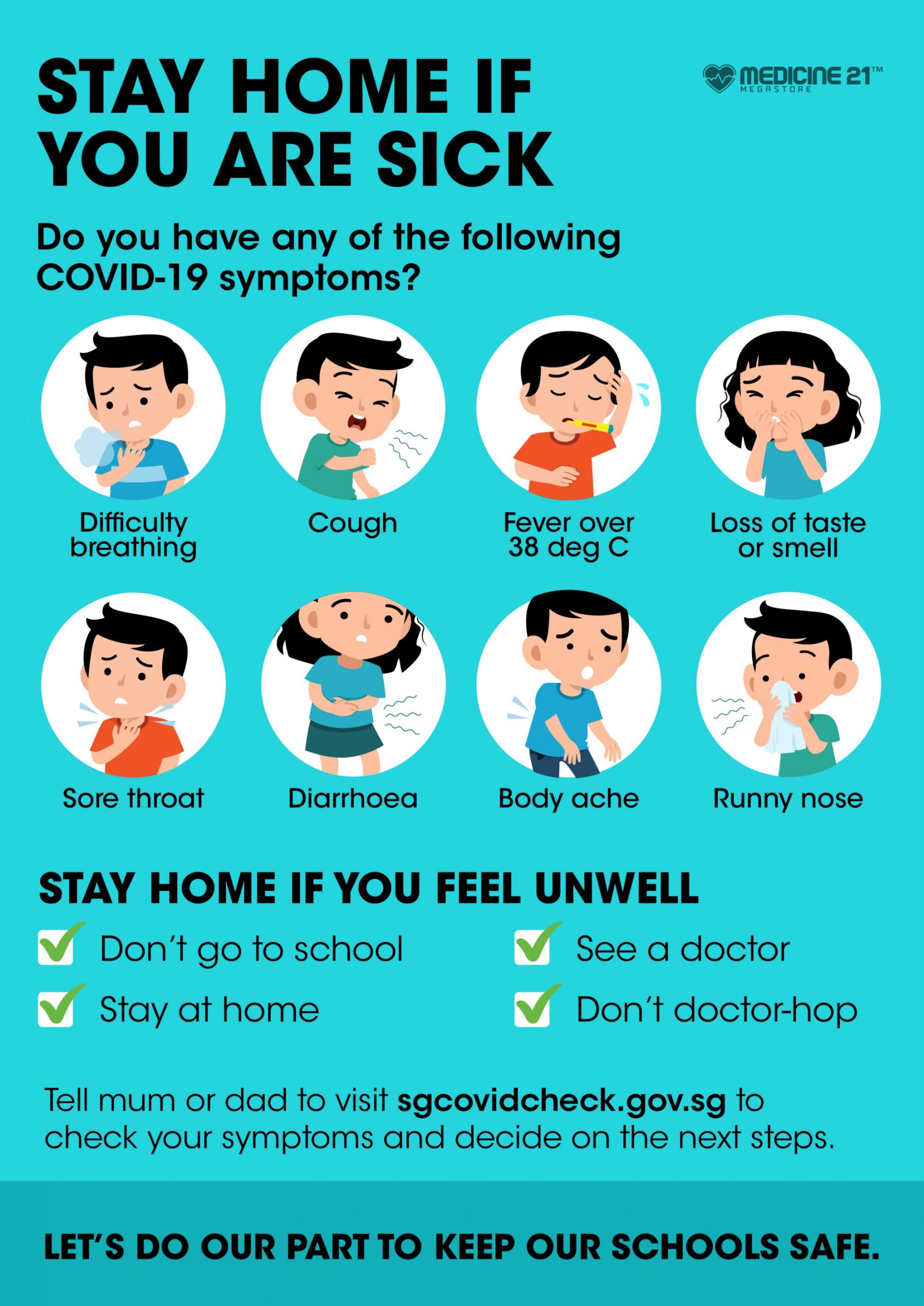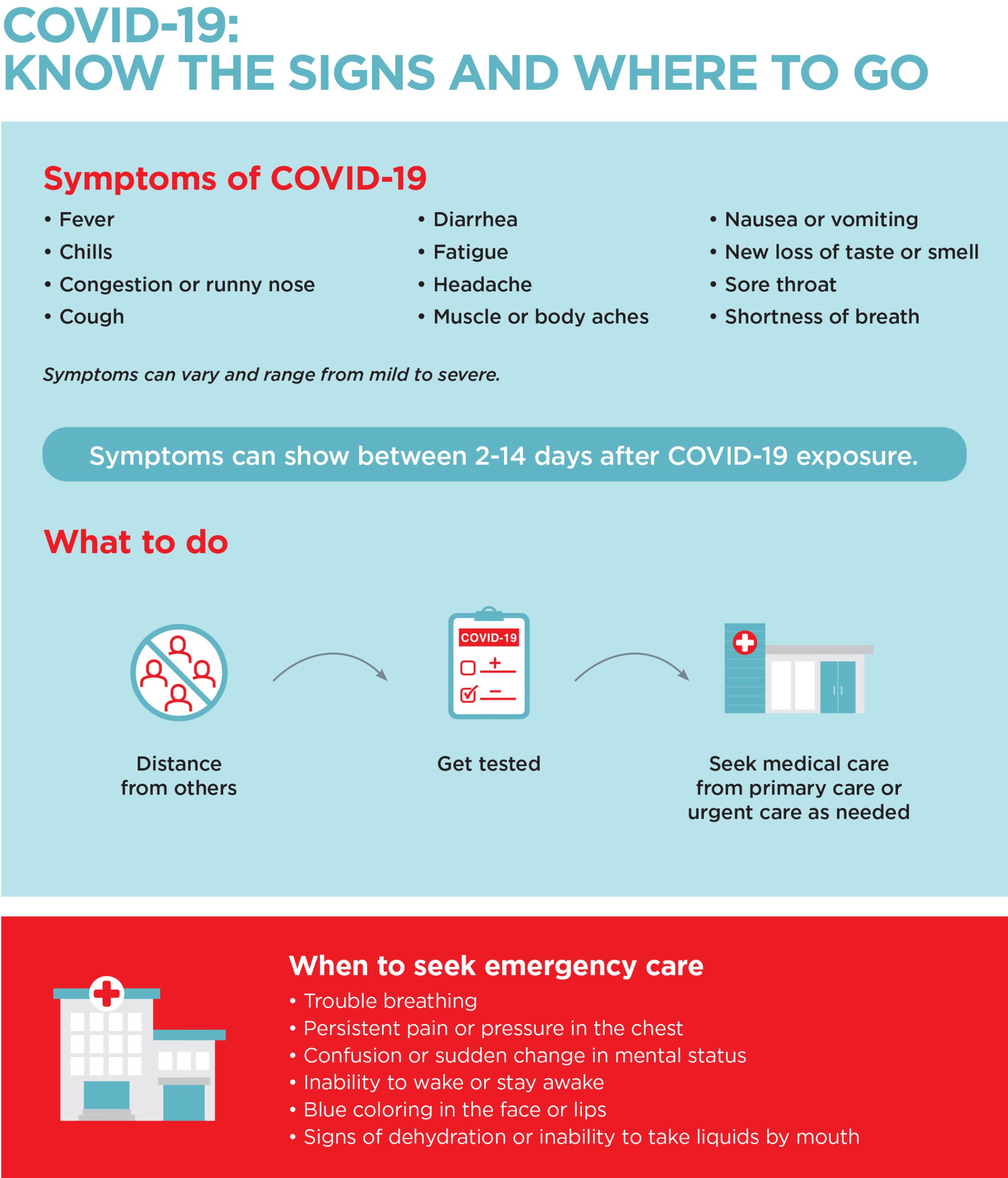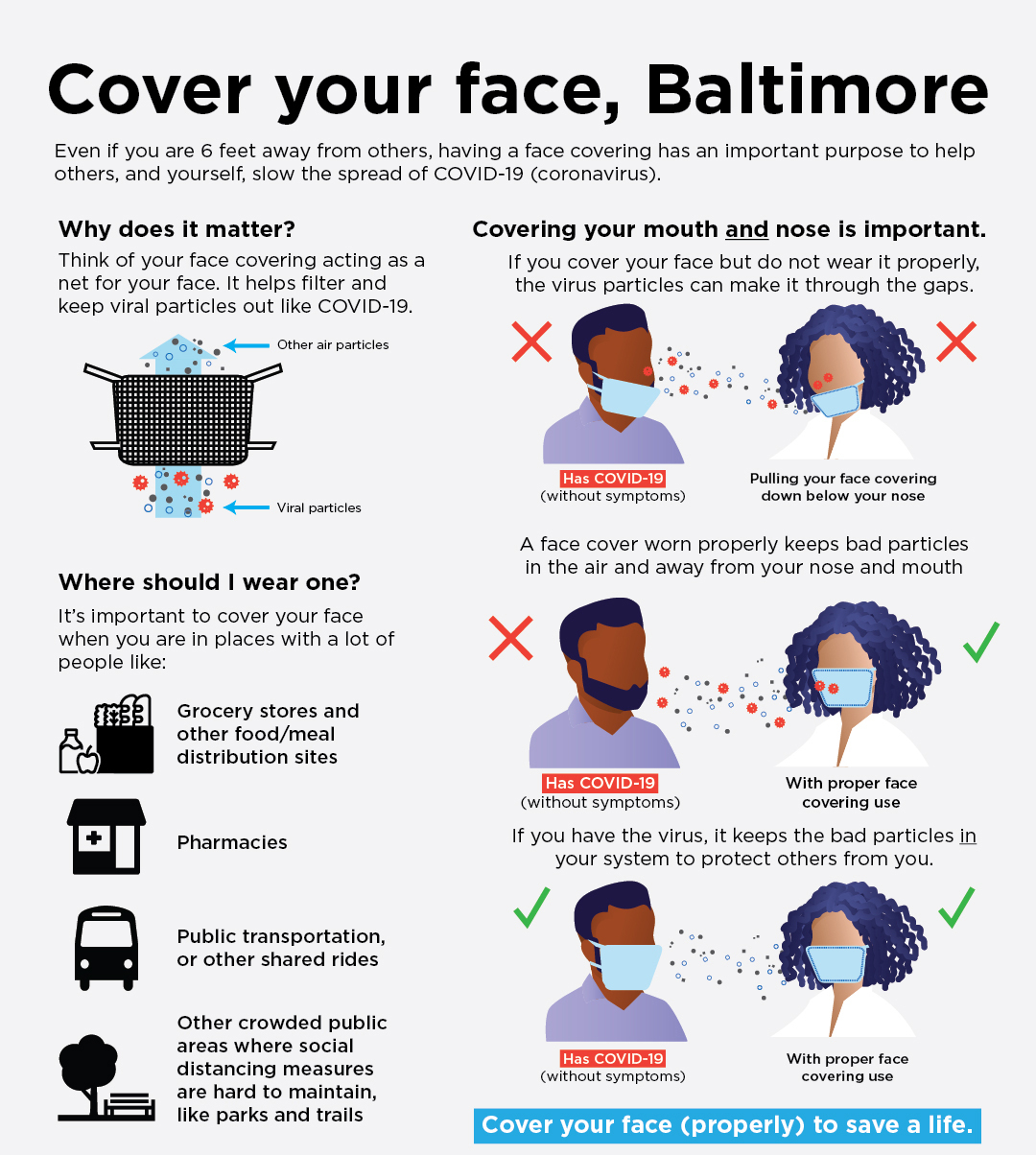Combined Hormonal Contraceptives: Drospirenone 3mg and Ethinylestradiol 20mcg (28-day regimen)
WHAT IS THIS MEDICATION FOR? HOW SHOULD I TAKE OR USE THIS MEDICATION? WHAT SHOULD I DO IF I FORGET TO TAKE OR USE THIS MEDICATION? WHAT PRECAUTIONS SHOULD I TAKE WHEN TAKING OR USING THIS MEDICATION? WHAT ARE SOME COMMON SIDE EFFECTS OF THIS MEDICATION? WHAT ARE SOME RARE BUT SERIOUS SIDE-EFFECTS THAT I NEED TO SEEK MEDICAL ADVICE IMMEDIATELY? WHAT FOOD OR MEDICATION SHOULD I AVOID WHEN I TAKE OR USE THIS MEDICATION? HOW SHOULD I STORE THIS MEDICATION? HOW DO I THROW AWAY THIS MEDICATION SAFELY? DISCLAIMER Drospirenone 3mg / Ethinylestradiol 20mcg (e.g. Yaz®, Drospera®, Jastinda®) is

